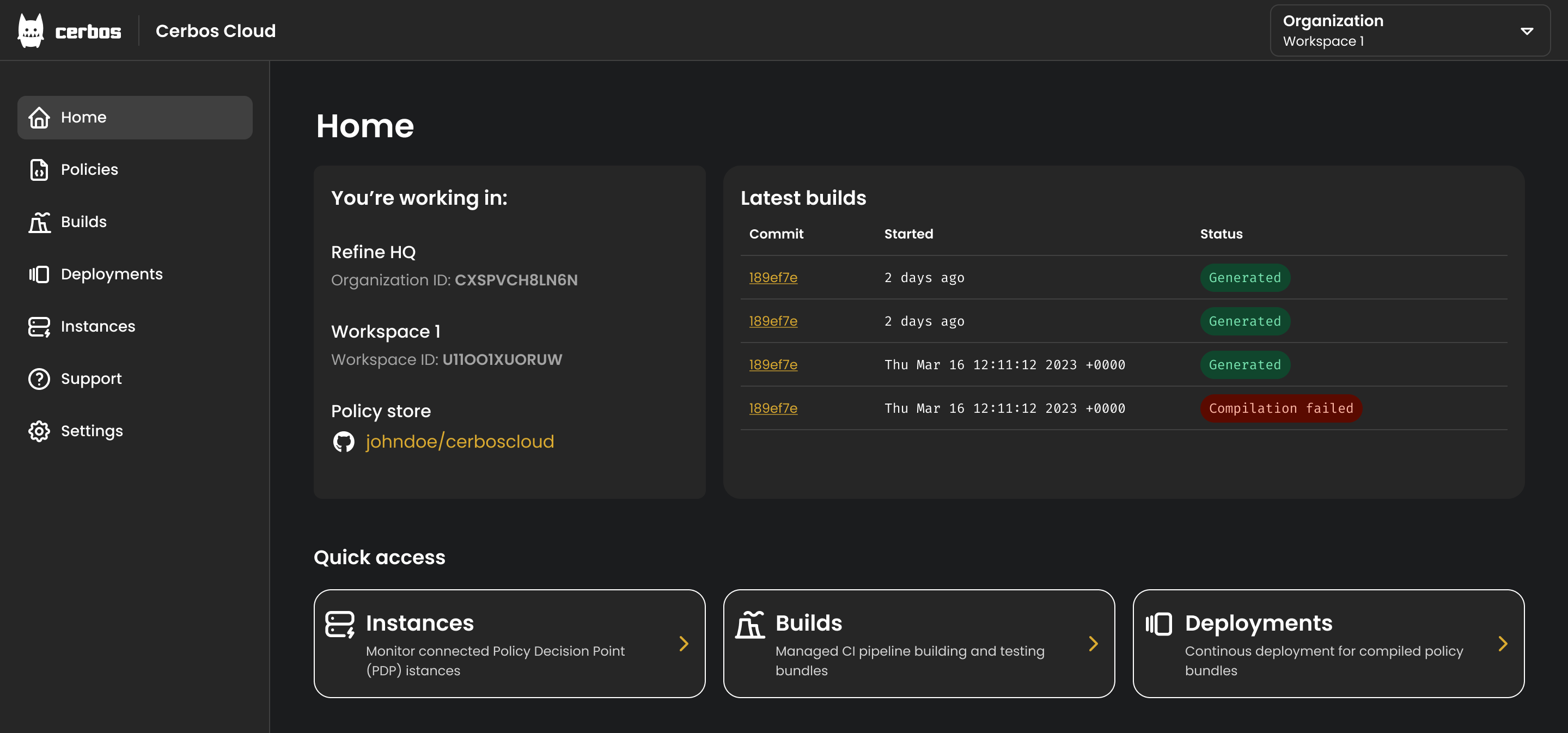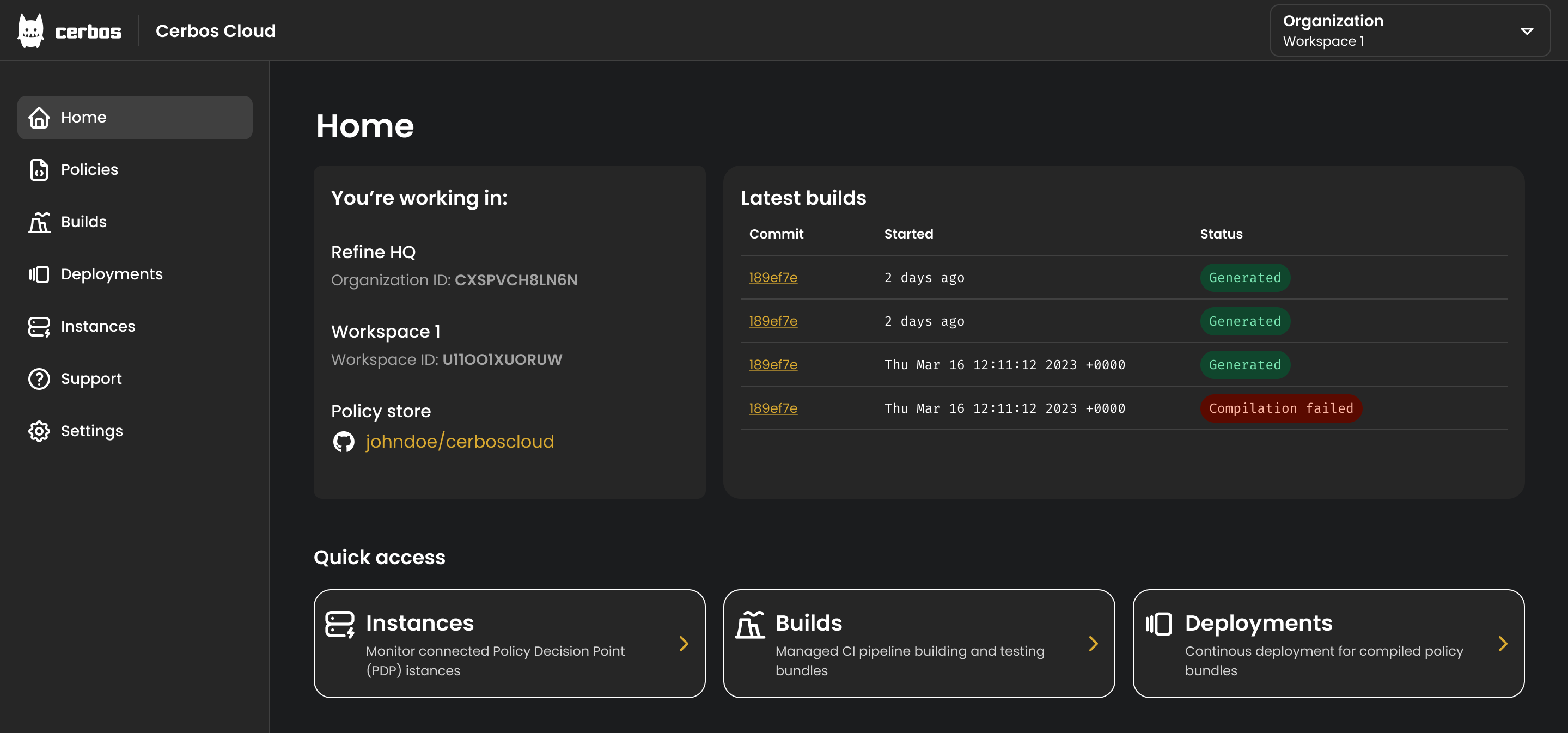
Cerbos takes its open source access-control software to the cloud
Cerbos, a company building an open source user-permission software platform, has today announced a new managed cloud service and a fresh $7.5 million in seed funding.
Founded out of London back in early 2021, Cerbos exists in a space broadly known as identity and access management (IAM), a $13.4 billion market that’s expected to nearly double within five years. IAM constitutes a collection of technologies that authenticates users and controls who can access which features of a particular system (if at all) — some users within a company often require different access rights to their colleagues in a different department, geography, or seniority level. Specifically, Cerbos serves as the “AM” in “IAM,” enabling developers to introduce access management features to their software while continuing to use any third-party identity provider they wish, such as Okta / Auth0 or WorkOS.
Decoupling
Cerbos’s two founders Emre Baran and Charith Ellawala met at a previous U.K. startup co-founded by Baran called Qubit, which was later acquired by Coveo. Between them, Baran and Ellawala have worked on various data infrastructure projects at companies including Google, Elastic, and CGI, where they say they encountered the same issues with developers having to continuously write their own authorization code. And it’s here that Cerbos is seeking to make its mark.
At its core, Cerbos is all about decoupling the authorization process from an application’s main codebase, making it easier to scale their access management system as a company and its software evolves — this is particularly important as companies transition from monolithic software to microservices.
In its short life so far, Cerbos has been an entirely self-managed product. With Cerbos Cloud, which is rolling out today in private beta, Cerbos is making the deployment and management of companies’ authorization policies and logs easier. This will be particularly useful for less-technical users, as it allows them to adjust policies through a central control plane without dabbling directly with any code, while developers themselves won’t have to maintain their own CI/CD (continuous integration / continuous deployment) pipelines.
Ultimately, it all boils down to saving developers time so they can work on more differentiated product features.
“What Cerbos Cloud unlocks is the ability to collaborate and iterate faster on policy development using visual tools and the ability to distribute optimized policy bundles to your fleet with low-latency and high-visibility,” Cerbos co-founder and CEO Emre Baran explained to TechCrunch. “Cerbos Cloud is an attractive option for companies and teams that don’t want to invest time and effort into building CI/CD pipelines for policy distribution.”

Cerbos Cloud Image Credits: Cerbos
Show me the money
Cerbos had raised a $3.5 million seed round some 18 months ago, and with its $7.5 million extended seed round, it has attracted a slew of new institutional and angel investors, including Omers Ventures; Chime co-founder Ryan King; former Palo Alto Networks’ CMO Zeynep Inanoglu Ozdemir; early GitHub engineer Zach Holman; Warp founder Zach Lloyd; and Brevan Howard Digital CTO Lewis Tuff.
In the intervening months since its previous raise, Baran said that Cerbos has released some 19 iterations of its core platform, culminating in today’s Cloud launch, a move representing the company’s first attempt at monetizing the open source project. For the beta launch, Cerbos is dabbling with different pricing levels, but broadly it’s based on monthly active “principals” that are authorized, a principal meaning either a human or another machine that is seeking access to a particular access-controlled system.
With its latest cash injection, Cerbos is well-financed to not only build out Cerbos Cloud toward its full commercial launch, but also lay the foundations for an enterprise-grade Cerbos incarnation.
“We’re focusing on Cerbos Cloud first, and will use the learnings and feedback to design our enterprise product,” Baran said.

